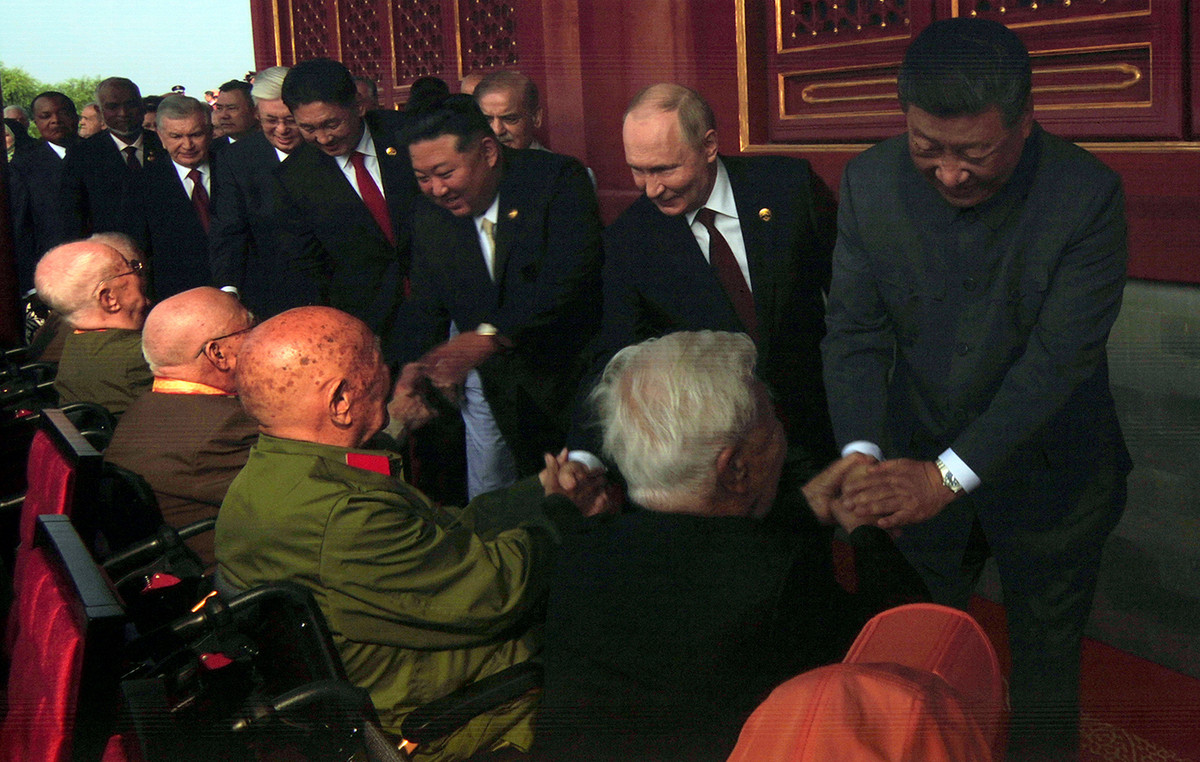The conflict in Eastern Europe continues to dominate the attention of the markets this Wednesday (2).
Starting abroad, the war in Ukraine gained an unthinkable scale with impacts on markets, on commodity prices, in a radical change in the strategy of the largest companies in the world against Russia, feeding a scenario of great uncertainty about the outcome of the conflict.
Stocks in Asia closed lower, but the expectation for a new round of negotiations between Russia and Ukraine gave a little boost to markets in Europe, which operate from stability to high. US futures follow the same pace.
The Bank of China representative said earlier today that the country does not support financial sanctions against Russia, especially those adopted “unilaterally”, and confirmed that China will do business with its partners, without naming Russia directly.
In this context, it is worth mentioning the oil that hit a very strong high, reacting to the intensity of sanctions from countries and the private sector against Russia. American oil, WTI (West Texas Intermediate), has crossed the US$ 102 barrier for the first time in 8 years and today it touched US$ 111 a barrel.
Same thing with Brent type, which went up to $113 and back. The high remains above 5% in both quotations.
As Adriano Pires, from the CBIE (energy consultancy) reminds us, oil is still the biggest commodity and has the power to drive all the others behind it, up and down.
Between the short and medium term, the biggest concern is with inflation and with the response that central banks will give to this price shock.
On Wednesday, the US announced new sanctions against Russia’s central bank and sovereign wealth fund, banning US citizens from engaging in any type of transaction with Russia’s central bank, national fund and finance ministry.
The UN General Assembly (United Nations) holds its third meeting and President Joe Biden announced the closure of airspace to Russia and said that the United States will only fight for allies in NATO (North Atlantic Treaty Organization). ).
Brazil
The opening of the markets this Wednesday is between reason and sensitivity. Rationally, Brazil has an asset profile that can attract capital that avoids risk, such as commodity companies, without giving up profitability, with our interest rate.
Beyond reason, managers are not going to escape a correction in asset prices or all the tension about what might happen out there.
There is also great concern about how Brazil is going to guarantee the supply of fertilizers until August of this year, the maximum period for the next crop not to be harmed.
Agenda of the Day
In the US, the president of the Fed – the US central bank – Jeremy Powell speaks to the US Congress at 12:00. The US government also discloses oil inventories, which may lower the price of the product a little.
In Brazil, markets start to operate at 1 pm.
Source: CNN Brasil







